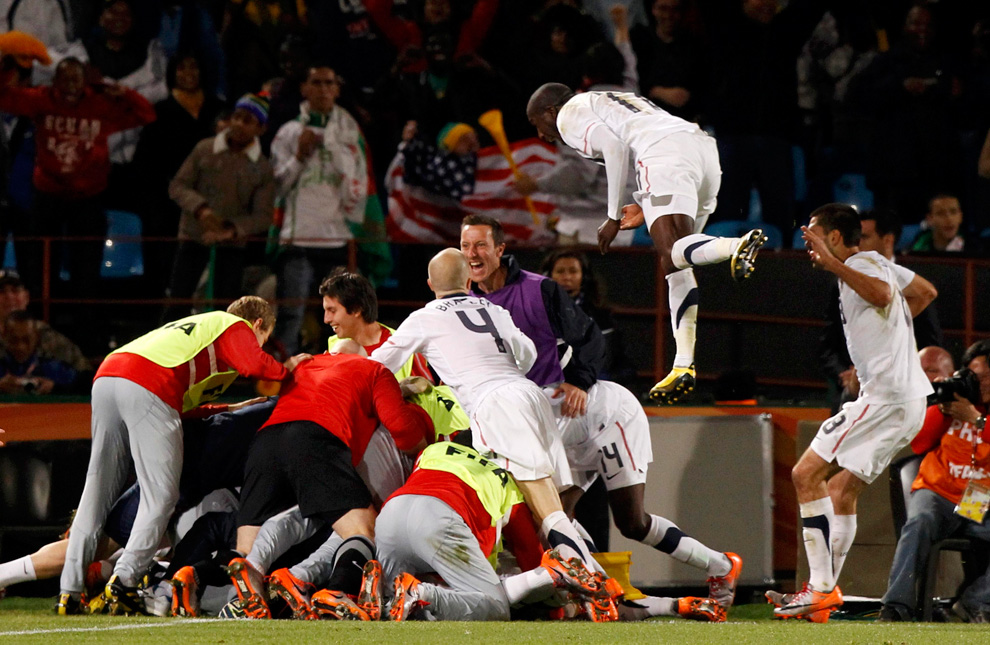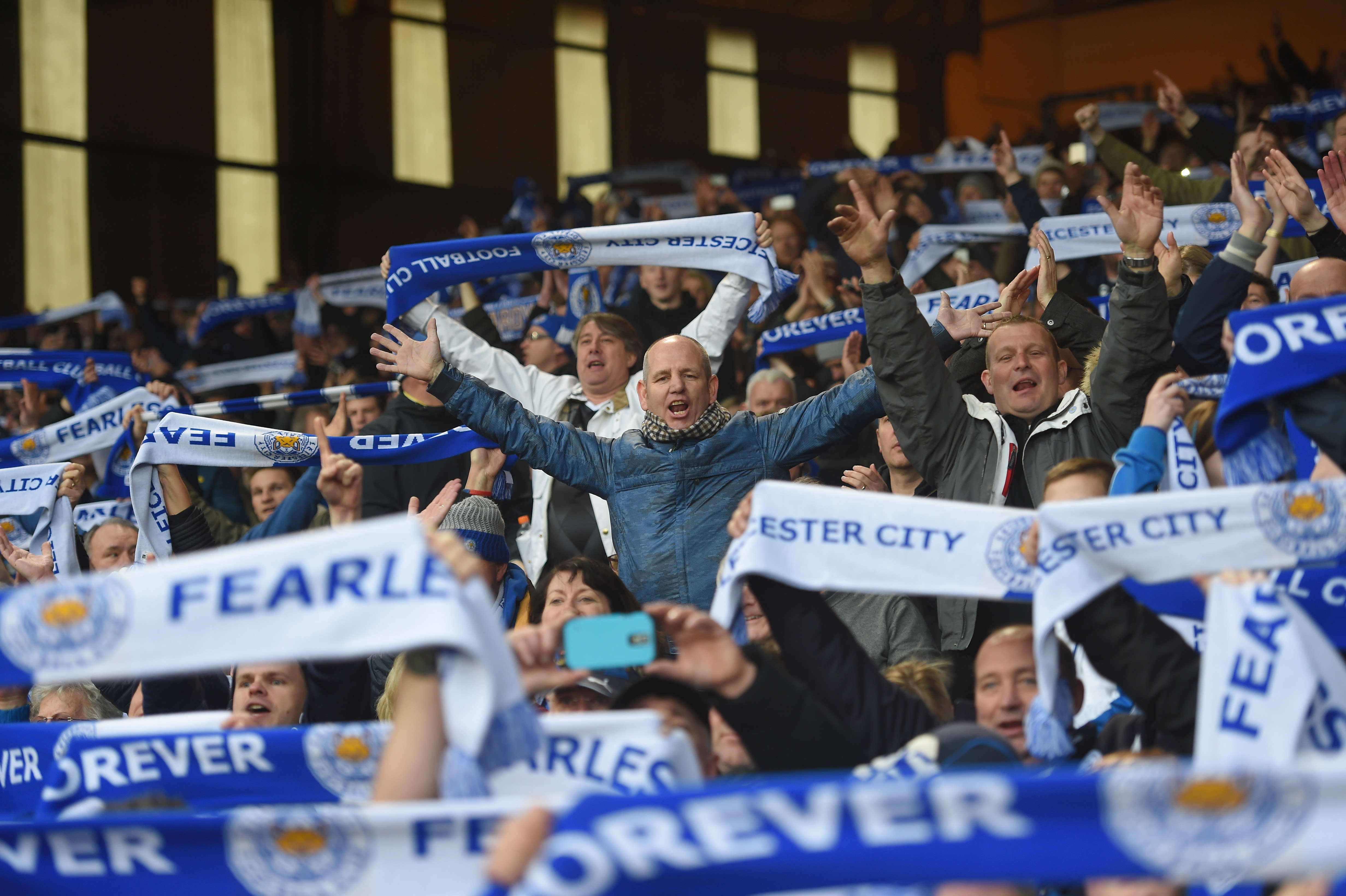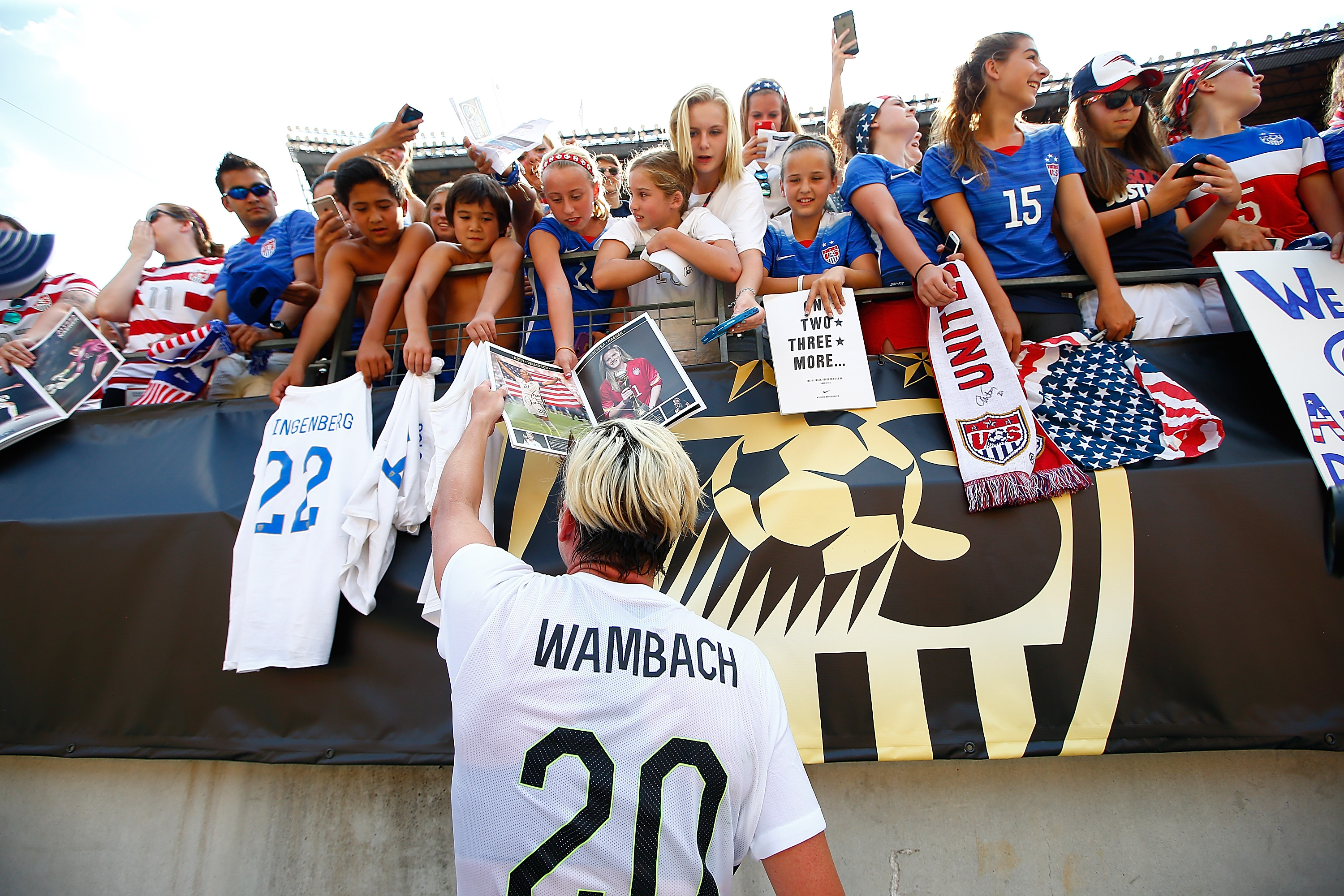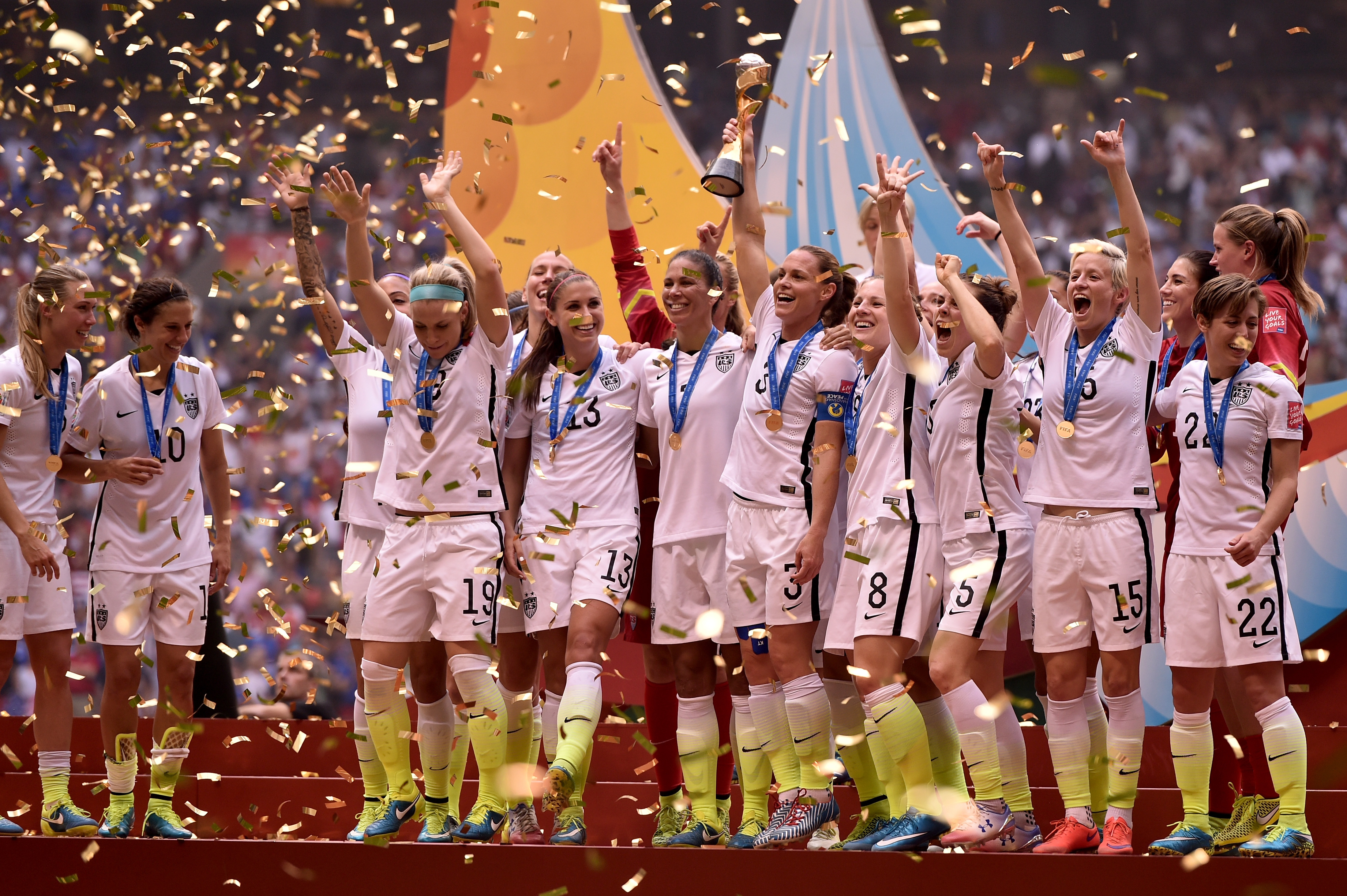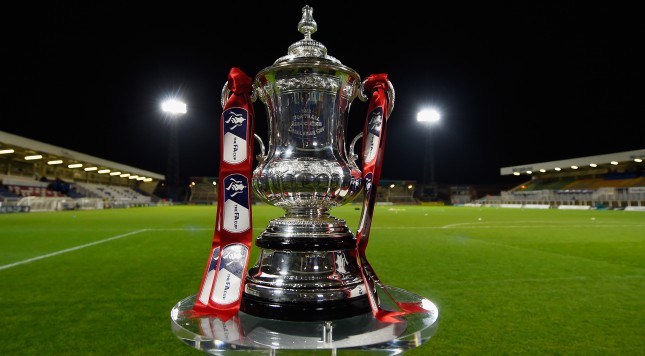For a long time, there has been a debate for a long time about whether or not there was still value in the FA Cup. It is the oldest football association cup in the world, first being held in 1871. It is also the most significant English domestic cup competition, and winning the competition qualifies the team for the next season’s Europa League and FA Community Shield match. What is there to argue?
Well, in the modern game, there are several factors that allow this argument to crop up every year. First, the FA Cup winners don’t receive as much money compared to other competitions, specifically the Europa and Champion’s League. It may still be a lot of money, and most teams in England are certainly not poor, the comparable cheapness of the competition is the entire reason the Capitol One Cup has fallen as low as it has. The FA Cup is no different in this regard.
The other reason is that the winners are awarded with qualification to the Europa League. For teams in the Top 4, this means nothing to them as they are already qualifying for the Champions League. For the teams just outside of the Top 4, the Europa League is often seen as a nuisance. The effect that it has on teams competing in it is tangible, as many often have trouble competing in both the Europa League and the Premier League. So this additional award can be viewed as more of a punishment. When you add on additional games that usually fall in one of the most congested periods of the season, it is understandable that many are happy to see their starters not risked for cup matches.
Now here is why that opinion is wrong.
Winning breeds winning. This mantra often gets mindlessly rattled off by pundits who have been kicked in the head one too many times, but that doesn’t make it any less true. Between building momentum off of winning or getting into the habit closing out games, the more you win, the easier it is to continue winning. Just look at Chelsea from last season. They weren’t the best team in some of their games, but they kept winning because they were a well oiled machine that season. This doesn’t even take into account that winning games takes pressure off players, which makes it easier for them to perform well. Success breeds success.
Another recent change that makes the FA Cup more worth it is the recent change with the Europa League. Winning the Europa League now leads to Champions League qualification. This makes the FA Cup incredibly worth it to the teams that aren’t certain for a Top 4 finish. In the modern Premier League, all but two teams in any given season fall under that category. So suddenly now the Europa League becomes very worth it, and the FA Cup is a great chance to guarantee qualification.
Finally, the most significant reason the FA Cup still matters. This is soccer, play to win everything, or give up. The FA Cup remains one of the most prestigious domestic cup competitions in the world, and if you’re not going to try to win it as often as you can, then what is the point of playing? Money is nice, the fame from playing is nice, but at the end of the day, a player is remembered for winning, for the legends they create on the field. You win the FA Cup because it’s the FA Cup, and you owe it to the fans who pay so much to see you kick a ball. As a fan, you want your team to win it, because you want your team to win every game, even if it’s a game against a Malaysian semi-pro team. Play for success or get off the field. You can make excuses or search for a silver lining after your team crashes out, but while your team is still in it, it’s the most important competition in the world. That’s why the FA Cup still matters. Enjoy.
https://www.youtube.com/watch?v=9wiXXav1Yvk

